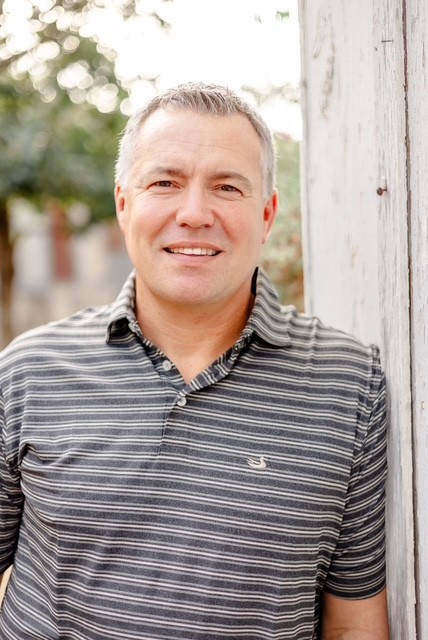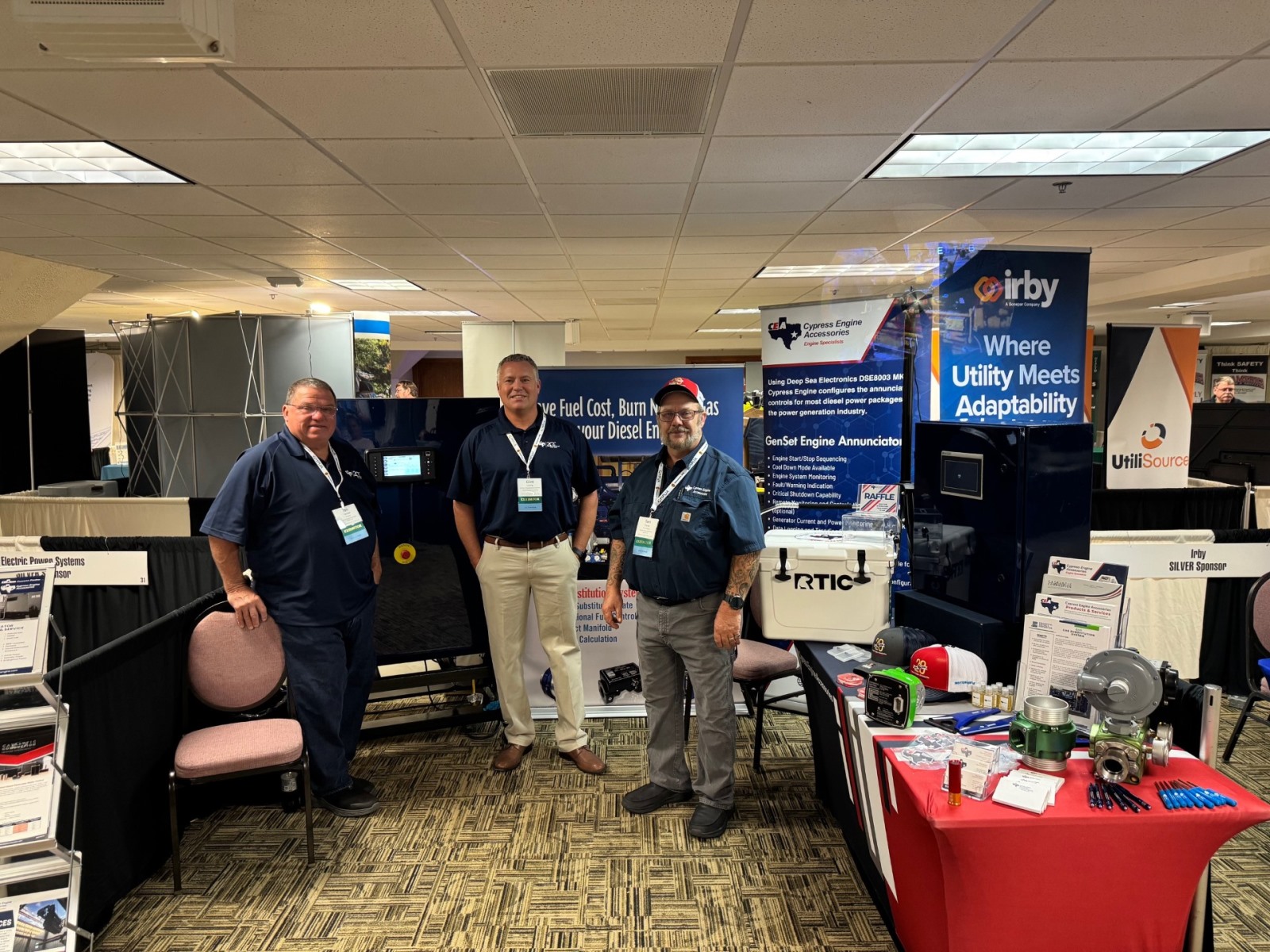Cypress Engine Accessories helps system reliability
At Cypress Engine Accessories (CEA), Clint Loving works to supply utilities in the Midwest, where many municipal clients need engine upgrades to maintain system reliability. CEA creates cost-effective solutions for outdated power plants, focusing especially on engine and generator technology.
As Director of Development and Reliability, Loving leads most of the Midwest sales efforts, an expansion territory for CEA. The Texas-based company just opened an office in Wichita and has already outgrown the space. Loving points out that the Midwest has a high demand for system upgrades due to the large number of municipal power plants.

Loving observes a lack of focus on engine and generator technology in recent years. Most existing systems concentrate on voltage and control components, such as switchgear, while engine and generator systems have received less attention. Many facilities still operate units that have run for 20 to 40 years, using original equipment manufacturer (OEM) products with outdated panels and gauges. These units often lack proper shutdown systems—or have none at all. CEA is developing new products to address these issues more cost-effectively than replacing parts through the OEM.
Loving brings extensive experience from his time at Fairbanks Morse Defense. His former boss there founded CEA and recruited him to help expand the company and build its reliability department.
A common challenge CEA faces is outdated engines. “Most folks out there say they can’t get enough support from OEMs, and some of those OEMs don’t even exist anymore,” Loving says. “There are a lot of engines out there, and it’s hard to find someone who can work on or support them.”
Expanding sales in Minnesota means considering different energy goals than are present in the South. In the Midwest, CEA partners with environmental companies that understand local state requirements, helping CEA meet both federal and state standards when upgrading utility engines.
Loving notes that many municipal plants operate only in emergencies and are limited to 50 hours of runtime per year. A key goal is helping utilities achieve environmental compliance.
CEA offers solutions that allow power plants to extend their operational hours. “In many states, if you meet the RICE NESHAP requirements, you have the ability to extend run hours outside the states emergency use limits,” Loving says. CEA installs catalysts that reduce carbon monoxide levels and cut carbon emissions by up to 80% from the original factory rating. They typically combine the catalyst with a cost-effective monitoring system, also required under RICE NESHAP.
The company has already made progress in Minnesota, working with organizations like Delano Municipal Utilities. CEA installed control systems on older Fairbanks Morse engines there, adding devices that help maintain the temperatures needed for environmental compliance.
CEA sees potential for expanding further into the Midwest. Loving says his work increasingly leads him deeper into the region, with possible projects in Nebraska and Iowa on the radar.
As the energy sector continues to evolve, CEA stands out as an innovative partner for municipal utilities seeking to modernize their power generation infrastructure while meeting environmental standards.

